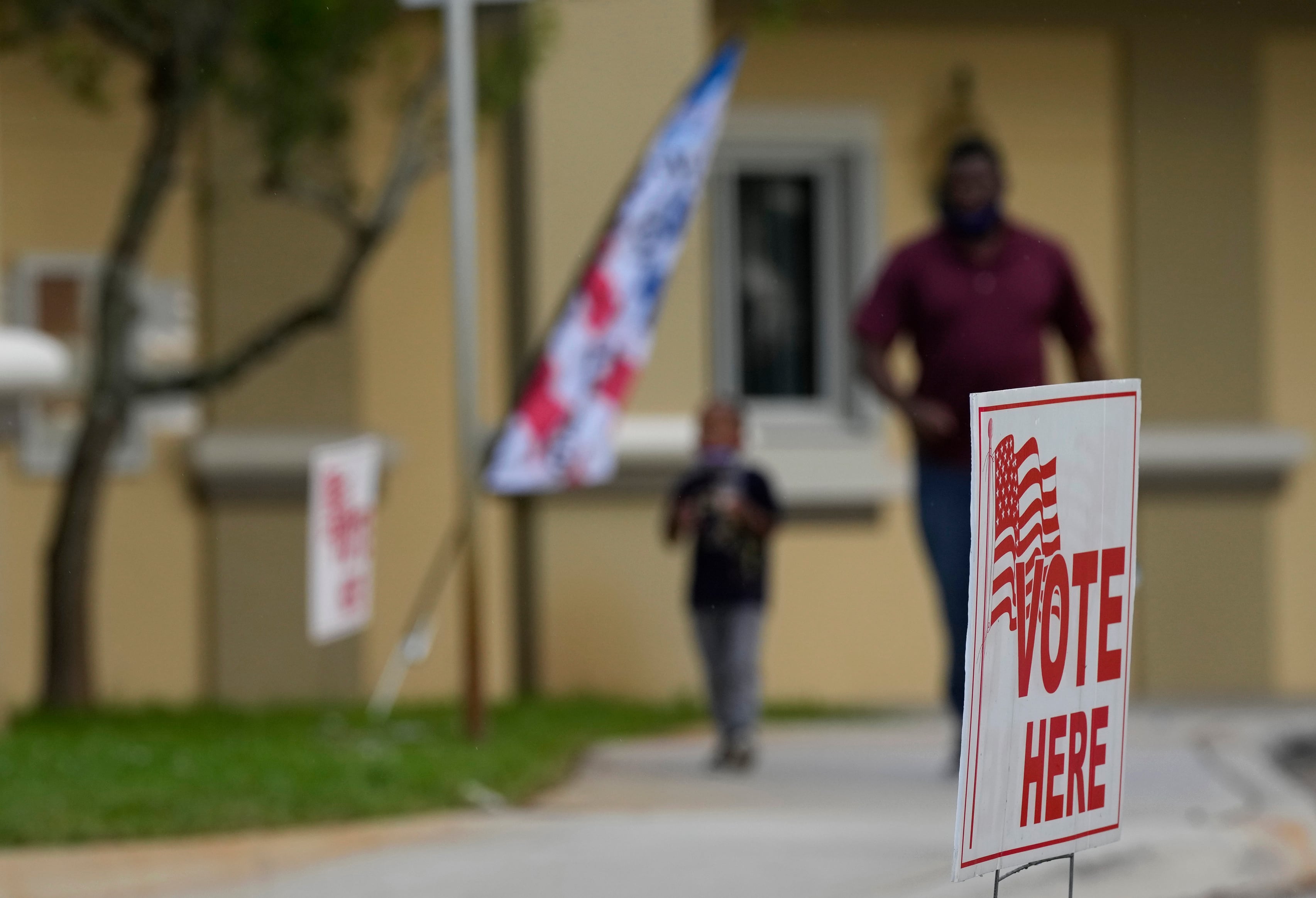The Pentagon has withheld $104 million from research labs at Fort Detrick and Aberdeen Proving Ground, a decision that has Maryland lawmakers scratching their heads, given the expanding threat of the Wuhan coronavirus.
Maryland’s congressional delegation sent a letter Wednesday to Defense Secretary Mark Esper expressing concern that funds have been withheld from the U.S. Army Medical Research Institute of Infectious Diseases, USAMRIID, and the U.S. Army Combat Capabilities Development Command Chemical Biological Center at Aberdeen Proving Ground, although the latter facility was misidentified in the letter.
The funds actually are being withheld from the U.S. Army Medical Research Institute of Chemical Defense, USAMRICD, also at Aberdeen.
The facilities, the lawmakers said, provide critical contributions … to our natural security.”
“As our nation prepares to confront the coronavirus global health emergency … we were alarmed to learn that the Office of the Under Secretary of Defense For Acquisition and Sustainment has withheld payment for laboratory research since September 2019,” they wrote.
RELATED

USAMRICD conducts research on medical chemical countermeasures and treatments for those exposed to chemical warfare agents.
USAMRIID is the Defense Department’s lead research facility on biological defense, famous for having DoD’s only high-level lab for studying highly lethal pathogens such as Ebola, Marburg and Lassa.
Last summer, however, the Centers for Disease Control and Prevention ordered the facility to stop conducting research after finding that the research labs handling the most dangerous microbes or viruses, known as level 3 and 4 laboratories, did not meet biosafety standards.
At the time of their closure, the labs were conducting research on tularemia, plague, Venezuelan equine encephalitis and Ebola. They were approved to resume research on Dec. 19.
The withholding of funds corresponds with the labs’ closure.
The Department of Defense has not said why it has not disbursed the funds and did not respond to questions about the delay by publication. In general, however, DoD public affairs officials do not comment on congressional letters until after the recipient responds.
But Sen. Ben Cardin, who signed the letter along with Sen. Chris Van Hollen and Reps. David Trone, Dutch Ruppersberger, Jamie Raskin and Anthony Brown, all Democrats, said he received assurances from Gen. John Murray, commanding general of Army Futures Command, and Brig. Gen. Michael Talley, USAMRDC commanding general, that the funds will be released.
Cardin and Van Hollen met with the generals on Friday to discuss the issue. “The generals pointed out that they are very confident that they will have enough funds to continue the mission and will work out the accounting issues ... but it was very disturbing that it got this close to where they would have had to notify people they were being laid off.”
Still, Cardin added, the letter was necessary because the generals “are not the ones withholding the money.”
“They are very confident that the money will be flowing so that the mission can continue. It’s not their decision but they are very much in the loop,” Cardin told Military Times.
Trone said that the money is needed to ensure that the highly specialized federal employees who work at the labs stay put.
“It boggles my mind that DOD would consider withholding critical funds from Ft. Detrick, especially as we prepare to counter the coronavirus,” Trone said. “This is a specialized workforce – the best and the brightest our country has to offer. We need to keep this talent."
A U.S. Army Medical Research and Development Command spokeswoman said Thursday that the command appreciates that the Maryland delegation recognizes “the significant role USAMRIID and USAMRICD play in the DoD’s and nation’s ability to timely respond to chemical, infectious disease, and other medical based threats to our warfighters and national security.”
“Funding is required to sustain research capabilities; adequate, reliable, and consistent funding maintains infrastructure and the specialized contractor and civilian workforce needed,” said Chelsea Bauckman, command spokeswoman.
The delay also comes at a time when Army Secretary Ryan McCarthy is seeking to retain the Army’s medical research and development commands as well as its public health capabilities instead of transfer them to the Defense Health Agency.
McCarthy has drafted legislation that if passed, would repeal a requirement in the fiscal 2019 National Defense Authorization Act for the Army to transfer the Army Medical Research and Development Command as well as other medical research organizations to DHA.
Cardin said he shares concerns about the transfer of some Army capabilities to DHA.
“I want to make sure that the command for medical research within the Department of Defense is maintained with the priority in recognizing how important this is to our fighting force. I am concerned about the transfer,” Cardin said.
RELATED

In their letter, the lawmakers urged DoD to “promptly release the funds necessary for continued operations” of the facilities and admonished officials to be “more transparent with its budgeting decisions in the future.”
“We should know about these things,” Cardin said. “I don’t want to see the bureaucracy of accounting affect the mission that’s done in the lab.”
As of Thursday, there were 12 confirmed cases of the new coronavirus in the U.S., and two Americans are among the passengers confirmed to have the virus on the Diamond Princess cruise ship, quarantined in Yokahama, Japan.
The Department of Defense is expected to house roughly 1,000 Americans evacuated from China at six installations
More than 28,000 people have been infected with virus and 565 have died, mainly in Hubei province, China, where the illness originated.
According to Bauckman, U.S. Army Medical Research and Development Command continues to monitor the situation.
“We are working with interagency partners to ensure a coordinated, whole-of-government approach. CDC and the Department of Health and Human Services has the lead and MRDC is postured to provide additional support, if requested,” she said.
Patricia Kime is a senior writer covering military and veterans health care, medicine and personnel issues.









